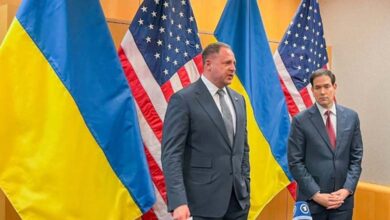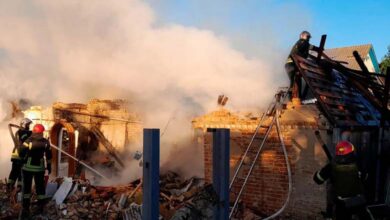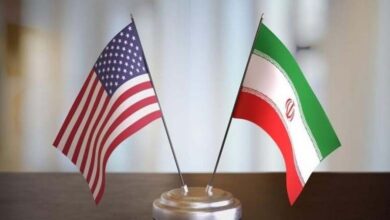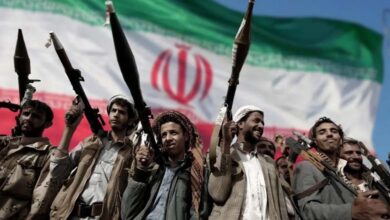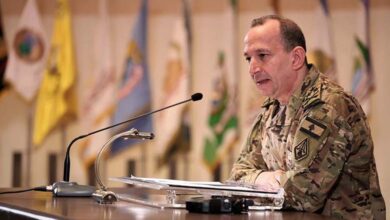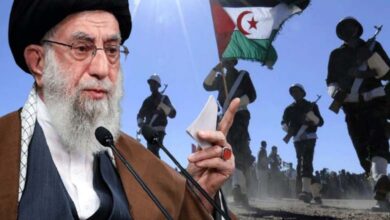Sudanese Civil Forces refuse to flood the political process with untrue elements
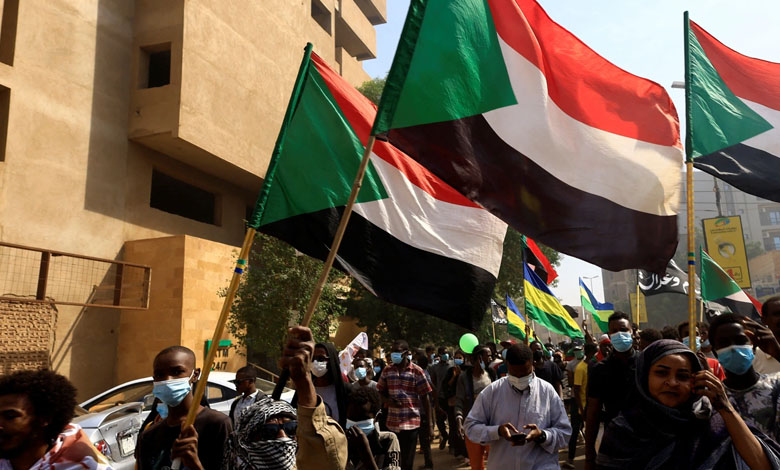
Sudanese civil political forces that signed a framework agreement with military leaders refused to flood the political process with what they described as “unreal forces” at a time when they approved a pre-signing plan, hoping to end the political crisis.
Civil powers include the Freedom and Change Declaration Alliance (the central council), the Union-Based Party, the Popular Congress and Ansar al-Sunna.
The civil powers that signed the framework agreement issued a joint statement on Saturday evening, in which they stressed that “the parties to the agreement are a previously resolved issue,” and stressed “the rejection of all attempts to drown the process with unreal forces.”
The statement renewed the call for the forces agreed upon by the armed struggle movements that signed the Juba Agreement and the revolutionary forces that did not sign the framework agreement to participate actively in the second phase of the political process in an equal manner in order to move together to reach a final agreement to end the political crisis in the African country.
The statement said that the civil powers that signed the framework agreement are working collectively, in a spirit of joint coordination, to complete the steps of the second stage and reach the final agreement, under which the transitional constitutional arrangements will be established and the institutions of full civil authority will be established as soon as possible through a comprehensive process.
They stressed that the Framework Agreement is an “important” step forward in restoring the path of civil and democratic transition, noting that it largely reflects the main popular demands of establishing a full civilian authority to lead the democratic transition, distancing the military from politics altogether and from politics, security and military reform leading a single professional and national army, achieving transitional justice that does justice for victims, holds violators accountable, and guarantees that crimes will not be repeated again, and reaching free and fair elections.
On 5 December, the Sudanese army signed an agreement with the civil powers, paving the way for the formation of a civilian government headed by a civilian prime minister who will take power in the country for a new two-year transition, in addition to political and economic reforms, which are due to take effect in the coming phase.
The agreement came a few months after Abdul Fattah al-Burhan, head of the National Council for Sovereignty, said the military would move away from politics and leave the door open to agreement on a civilian government, the outputs of which are beginning to see light.
According to local media, the civil powers that signed the agreement prepared a new plan for the post-signing stage, which includes local and regional contacts, the formation of committees to consult with stakeholders on issues postponed from the framework agreement, the holding of workshops and conferences to explain the agreement to all revolutionary forces, in addition to a series of visits to five influential countries in the region.
According to Nabd Sudan website, the Freedom and Change Alliance has identified officials from its members to chair the consultation committees, with stakeholders on issues pending until after the framework agreement.
One deals with peace issues and the implementation of the Juba peace agreement, another deals with security and military issues, while the third leads the dismantling of the 30 June system and the fourth tasks of transitional justice.
Observers doubt the success of the signatories of the framework agreement in solving the political crisis unless the other political forces are involved, after they were informed of the provisions of the agreement. Leaders of the Democratic Bloc, which includes armed movements, the most prominent of which is the Liberation of Sudan, led by Minni Arko Minawi, and Justice and Equality, led by Jibril Ibrahim, considered that the agreement includes secret clauses.
The tripartite mechanism, which consists of the United Nations Mission in Sudan (Unitams), the African Union (AU) and the IGAD, held a meeting Friday night, the first of its kind, with Freedom and Change, the democratic bloc rejecting the framework agreement.
The Sudan Tribune website quoted sources in the Freedom and Change Forces (Democratic Bloc) as saying that they informed the tripartite mechanism of their desire to see the documents of the framework agreement and the draft transitional constitution prepared by the Committee of the Running of the Bar Association.




